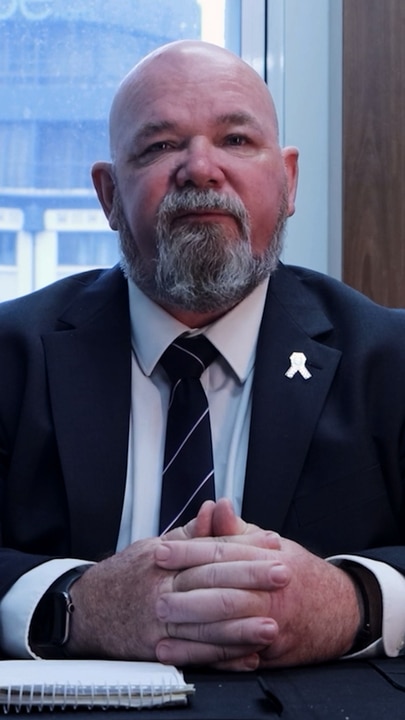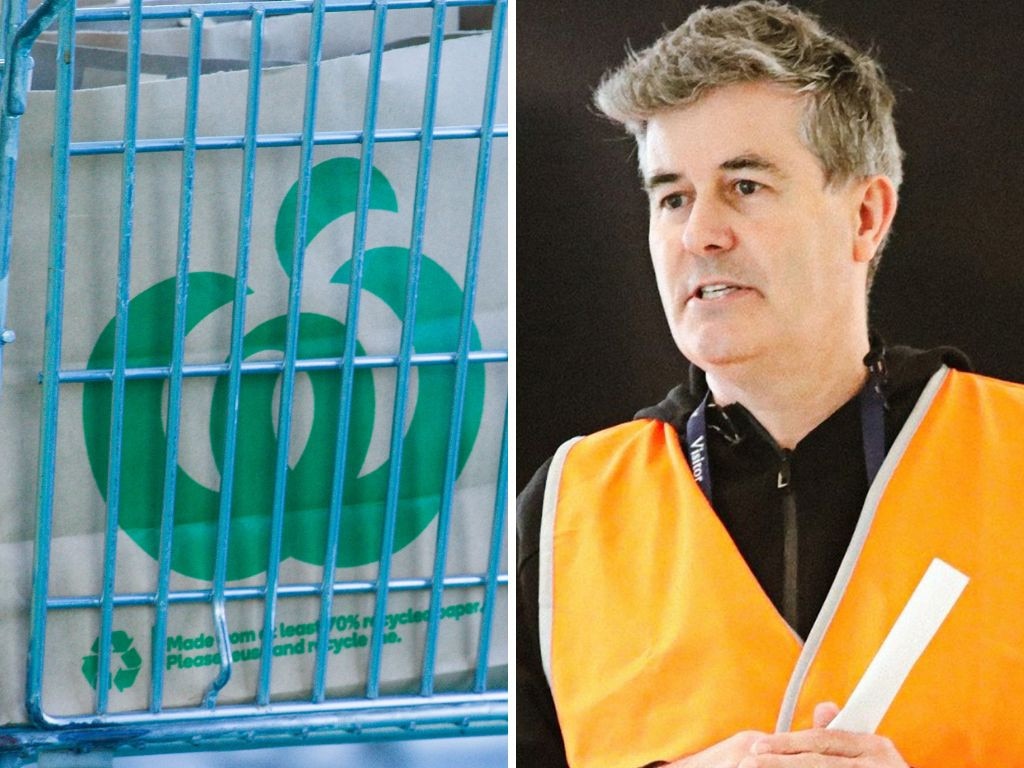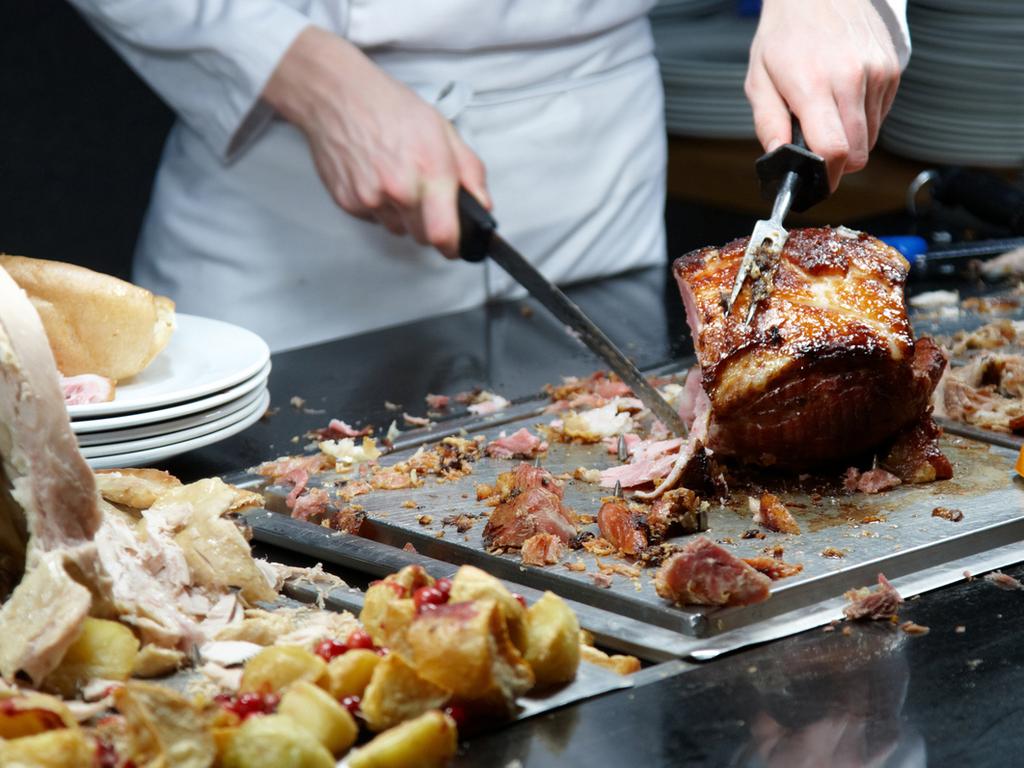Disappointment for workers: wage surge may have peaked
One in four employers is planning to impose a pay freeze on their workforce next year.

Wage rise expectations for the next 12 months have dropped below inflation to 2.7 per cent, their lowest level this year, with one in four employers planning to impose a pay freeze, a new survey of 600 human resources professionals and decision-makers has found.
While average private sector pay rises in new enterprise agreements recently hit 4 per cent for the first time in 12 years, the Australian Human Resources Institute says its latest survey findings suggest the surge in wage growth might have peaked.
But the AHRI survey suggests an easing of recruitment difficulties for employers and a lower inflation outlook have contributed to businesses lowering their expectations for wage rises in the year ahead.
Employers said they expected the mean basic pay increase in organisations, excluding bonuses, to be 2.7 per cent for the year to October 2025, down from 3.8 per cent for the 12 months to July and lower than the CPI inflation at 2.8 per cent in the 12 months to September.
The proportion of organisations reporting recruitment difficulties dropped from 39 per cent in the September quarter to 30 per cent in the December quarter.
Wage expectations were higher in the public sector at 3.3 per cent compared to 2.5 per cent in the private sector.

Twenty-three per cent of employers said they were planning to implement a pay freeze, compared with 16 per cent of employers in the September quarter. A further one in four employers reported that they did not yet know the extent of wage changes in their organisation for the 12 months to October 2025.
Excessive workloads coupled with rising living costs are driving increased stress in workplaces. The number of organisations citing stress as a reason for unscheduled absences rose from 42 per cent to 50 per cent over the past year.
For the second consecutive year, cost-of-living pressures, at 42 per cent, were cited as the main cause of stress, while 32 per cent nominated excessive workloads
AHRI chief executive Sarah McCann-Bartlett said the wage intentions data was further evidence the surge in wage growth over the past two years might have peaked.
“This may help ease concerns around the gap between low productivity and relatively strong wage growth, which has been of concern to both employers and policymakers,” Ms McCann-Bartlett said.
But she said the drop in pay increase expectations, combined with redundancy activity taking place within some organisations, could lead to engagement challenges for managers and HR practitioners.
“With CPI inflation at 2.8 per cent in the 12 months to September, many employers will not be offering inflation-matching pay increases to workers who continue to be weighed down by rising living costs and high levels of debt,” she said.
“This could represent an engagement challenge for HR practitioners and line managers. These challenges could be compounded among the many organisations that are reorganising their workplaces for future challenges including digitisation, automation and AI.”







To join the conversation, please log in. Don't have an account? Register
Join the conversation, you are commenting as Logout